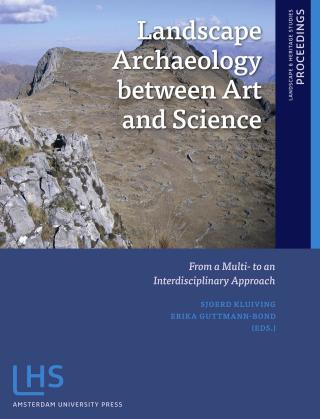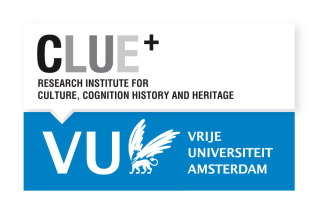
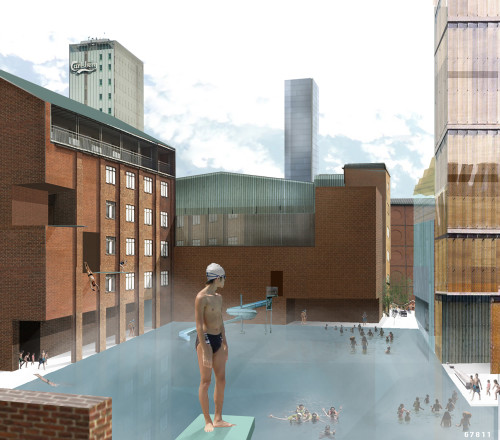
- Series editors
Dr Iris Burgers, Vrije Universiteit Amsterdam
Dr Sjoerd Kluiving, Vrije Universiteit Amsterdam
Dr Marilena Mela, Vrije Universiteit Amsterdam
Prof. Freek Schmidt, Vrije Universiteit Amsterdam
Dr Gabriel Schwake, Vrije Universiteit Amsterdam- Geographical Scope
- Worldwide
- Chronological Scope
- From prehistory until present
- Keywords
- Heritage, history, transformation, landscape, built environment, archaeology and memory
- Organisation
- CLUE+ (The Interfaculty Research Institute for Culture, Cognition, History and Heritage), VU Amsterdam
- Flyer
- Download flyer
Landscape and Heritage Studies
Landscape and Heritage Studies (LHS) is an English-language series about the history, heritage, and transformation of the natural and cultural landscapes, and built environment. This series aims at publishing research in landscape, (the design of) the built environment and heritage from established, new, or under-highlighted directions or perspectives.
LHS is published in collaboration with the VU Amsterdam Interfaculty Research Institute for Culture, Cognition, History and Heritage (CLUE+).
LHS welcomes both monographs and edited volumes, theoretically oriented approaches and detailed case studies, dealing with:
- The interactions between physical and material aspects and processes of landscapes and landscape experiences, meanings and representations.
- Critical perspectives to heritage and identity through the lenses of inclusion and exclusion, authorized and informal heritage, explicit and implicit meanings of the landscape.
- Human-environment relationships in the context of the Anthropocene, to understand the development of human-nature interactions through time and to study the natural, cultural, and social values of places and landscapes, with an emphasis on community, practice, locality, and landscape futures.
- Perspectives on the temporality and dynamic of landscapes and the built environment that go beyond traditional concepts of time, dating and chronology. For example, through the lens of cultural history, landscape biography, studies that include the analysis of visual and material culture.
- The appropriation and transformation of sites, places, destinations, landscapes, monuments and buildings, and their representation and meaning in distinct cultural context, including studies on urban spatial history and the urban-rural nexus.
- The conceptualization and musealization of landscape as heritage and the (contested) values of ‘heritagescapes’ for the construction and reproduction of memories and identities.


Monuments of Diverse Heritage in Early America

Archaeological Perspectives on Contested and Political Landscapes
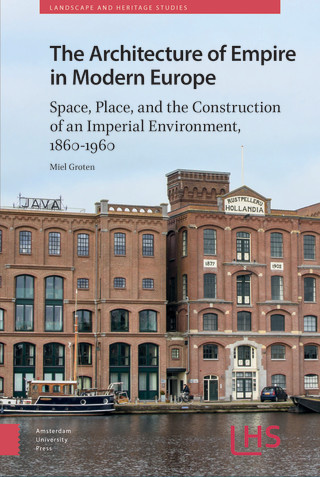
The Architecture of Empire in Modern Europe
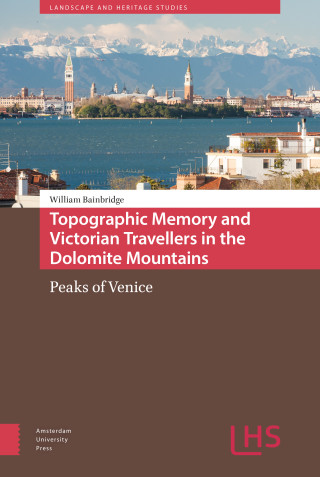
Topographic Memory and Victorian Travellers in the Dolomite Mountains
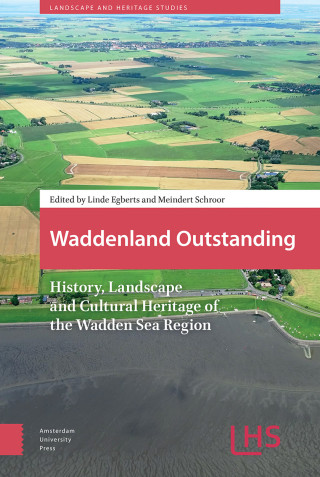
Waddenland Outstanding
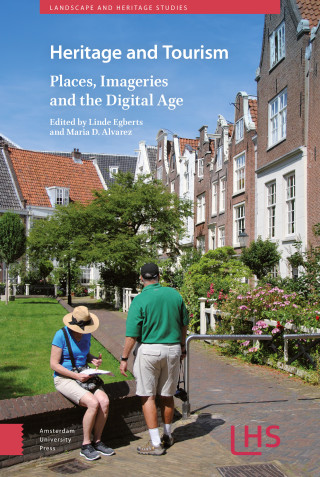
Heritage and Tourism
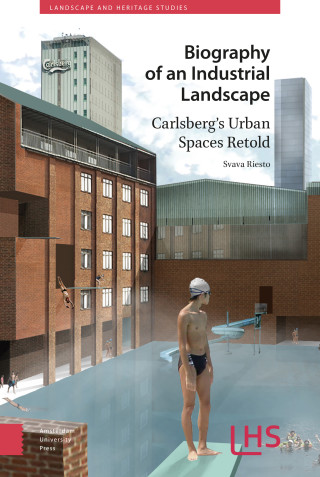
Biography of an Industrial Landscape
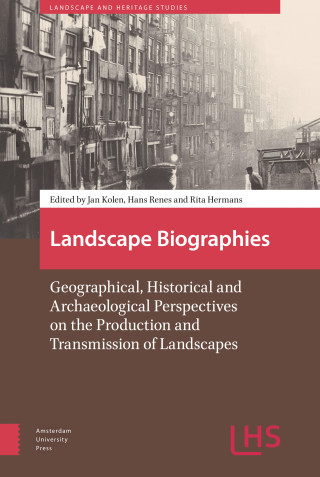
Landscape Biographies
